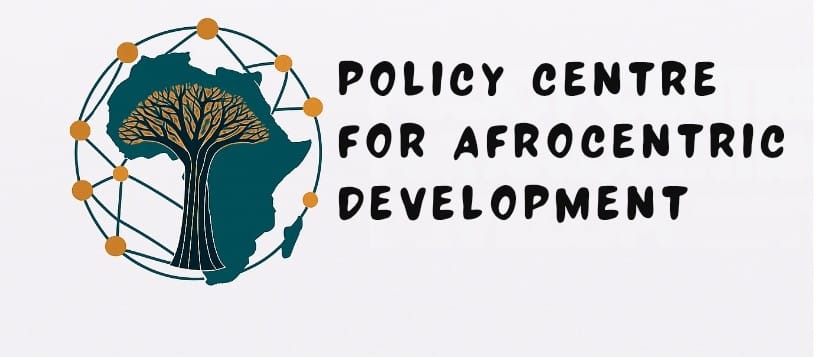Environment, Climate Change And Urbanization
Meeting Africa’s Needs Within Ecological Limits
Africa is facing a triple planetary crisis—climate change, biodiversity loss, and pollution—that is compounding its development challenges and exposing deep global injustices. Despite contributing the least to global emissions, the continent is warming faster than any other region, facing increasingly severe droughts, floods, and food insecurity. Its rich ecosystems are being degraded by deforestation, land misuse, and species loss, undermining both biodiversity and the resilience of local communities. Meanwhile, pollution—from air, water, plastic, and imported toxic waste—is rising rapidly, threatening health, livelihoods, and ecological integrity. These crises are deeply interconnected, reinforcing one another and creating cascading vulnerabilities across sectors and communities.
At the same time, urbanization is emerging as both a pressure point and an opportunity. Africa has the fastest urban growth rate in the world, with over half its population projected to live in cities by 2050. While this demographic shift offers potential for innovation, economic dynamism, and improved access to services, it is currently unfolding in unplanned, unequal, and ecologically harmful ways—further intensifying the planetary crisis.
Furthermore, a new scramble for Africa is underway. Global powers are turning to the continent once again—this time for access to critical minerals, carbon sinks, and vast land resources. Carbon credit companies are leveraging Africa’s forests and landmass, often displacing communities and restricting access to ancestral territories. In this recent iteration of colonialism, Africa continues to supply what the world needs, while its people suffer from poverty, unmet needs and environmental damage.
Our Perspective
Africa’s environment is under pressure from both global and domestic forces. Extractive industries degrade terrestrial and marine ecosystems, climate adaptation is underfunded, and urban development often reflects outdated, exclusionary and contextually inappropriate models.
PCAD views development as being in harmony with the environment—recognizing the natural world not as a backdrop to human activity, but as the framework and condition for the life of human societies. This involves respecting ecosystems, drawing on them imaginatively to meet societal needs, and guarding against actions that transgress the outer limits of the biosphere.
We believe that environmental solutions must emerge from Africa’s own needs, priorities and knowledge systems. This includes restoring ecological balance through community-based stewardship and indigenous land practices, pursuing climate justice, harnessing the benefits of urbanisation and challenging the commodification of nature.
Our Areas of Work
Research and advocacy
On climate justice, biodiversity protection, and inclusive and sustainable urbanisation
Policy engagement
On climate finance, loss and damage, nature-based solutions, and equitable environmental governance
Support to policymakers
In designing legal and institutional frameworks for inclusive, sustainable, and climate-resilient urbanisation
Public education and analysis
On the planetary crisis and the need for systemic transformation
Schedule a call
Connecting the Dots
Environmental degradation in Africa is inseparable from extractive economic structures, weak governance, and the exclusion of citizens from decision-making. The very systems that sustain Africa’s economic dependency also pollute rivers, displace communities, and destroy biodiversity. Urban development often reflects colonial legacies—marginalizing the poor, reproducing spatial injustice, and increasing vulnerability to climate shocks.
When communities are denied the right to participate in shaping decisions that affect their land, water, and ecosystems, environmental injustices multiply—manifesting in land grabs, forced evictions, pollution, and unchecked exploitation. Human rights violations and the absence of public accountability create conditions where ecological harm occurs without consequence. Meanwhile, weak legal protections and poor enforcement leave citizens powerless to challenge environmental abuses.
Strong governance frameworks, transparent institutions, and rights-based laws are essential for ecological sustainability. They enable communities to defend their resources, hold decision-makers accountable, and ensure that development stays within ecological limits.
Our Goal
PCAD’s goal is to support the formulation of policies and institutional frameworks that empower Africa to utilize its environmental resources to meet the needs of its people, while remaining within the safe boundaries of the biosphere.
We advocate for a development model that is both locally anchored and ecologically sound—one that addresses immediate human needs, promotes long-term environmental sustainability, and affirms the rights of individuals and communities to participate meaningfully in environmental governance and decision-making.
Stay Ahead.
Subscribe for Expert Insights.
You can unsubscribe at any time using the link in the footer of our emails. View our Privacy Policy.
